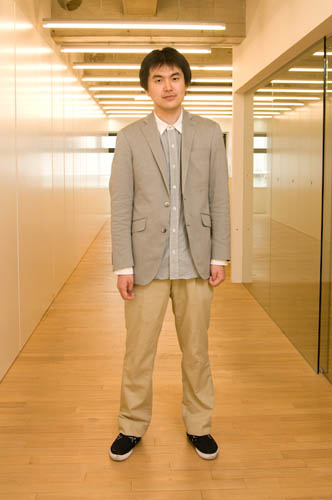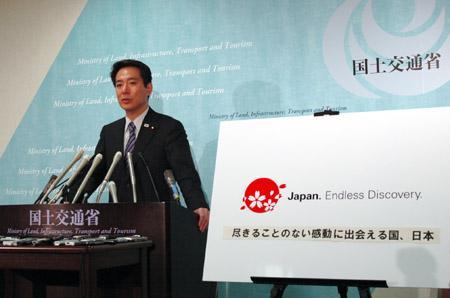I am amazed at how the myth of Japan’s difficult naturalization process persists to be widely believed by well-educated Japanese and non-nationals alike. In a lengthy discussion of this last night, I researched some key facts on this and thought the results of my review worth sharing with MF readers.
* 15,440 people applied for naturalization in 2008, according to the MOJ. Of these, 13,218 people were naturalized, but that figure is deceivingly low as the application process takes 6-12 months (or longer), and some approvals will show up next year. Only 269 were rejected, which means that the rejection rate was less than 2%. The overall approval rate for first-time applicants for the past decade has been 99%.
* For the past decade, about 60% of applicants were Korean (including North and South Korea, and the generic “Chosen” applied to many Koreans born in Japan) and about 30% were Chinese (including Taiwan and Hong Kong).
* The basic requirement is five years of continuous legal residency in Japan, but this can be shortened to one year if the applicant has been married to a Japanese citizen for three years or more. Read the law in Japanese here.
* Otherwise, the requirements for naturalization are relatively straightforward, and I think most MF readers could naturalize easily. You must: be a competent adult; read kanji to a third-grade level; be an upstanding citizen with no criminal record; have sufficient income or assets to support your family; be prepared to give up other citizenship; and have never been involved in advocating or perpetrating the violent overthrow of the government or constitution.
* Unofficially, the primary cause of a rejection is a “criminal record” — not crimes bad enough for deportation, but crimes such as multiple speeding tickets. Nothing in the law prevents a failed applicant from immediately reapplying.
* The application is done at the local houmukyoku Legal Affairs Bureau. The cost of the application is free. Gyouseishoshi and shihoushoshi professional legal advisors can also handle the paperwork and application, for fees generally ranging from 200,000-400,000 yen.
* A key procedural step to naturalization is assembling the birth certificates and marriage certificates of the applicant and the applicants parents so that the applicant can create a koseki family registry.
* A family registry has two addresses, the ordinary residential address and the “honseki” which people generally keep as their family home, but which can be transferred freely. If a naturalized person changes their honseki to a new municipality, they get a new, clean koseki that only states present, not prior, facts, so the evidence of naturalization disappears from their koseki. (So do other key facts, which is a way that some people hide marriage annulment and divorce history.) This is only surface concealment — the original honseki is held by the municipality as a separate record, by law, for 80 years.
* There are a few examples of Europeans naturalizing as Japanese nationals during the Meiji Era and beyond, when some Europeans kept their names unchanged, in roman letters. After World War II and until 1985, applicants were required by ministry procedures to adopt a Japanese name. This was dropped as an explicit requirement that year, but remained as an inexplicit requirement through the 1990s. Presently, the only requirement is that a person write their name in kanji, hiragana or katakana, with no encouragement to otherwise adopt a “Japanese” name.
* It is rumored that one reason this requirement was dropped was because of the naturalizatio of Masayoshi Son, the president of Softbank born in Japan to Korean parents, and one of Japan’s richest people. When he applied for naturalization, the authorities said that he had to take a Japanese name or prove that Son (or 孫) was a Japanese name. As he was advised by lawyers with more than half a brain cell, his wife petitioned the family court to take his family name, this was accepted by the court, and he had the necessary proof. The flummoxed bureaucrats thus took the view that this now unwritten requirement was outdated and dropped it.


